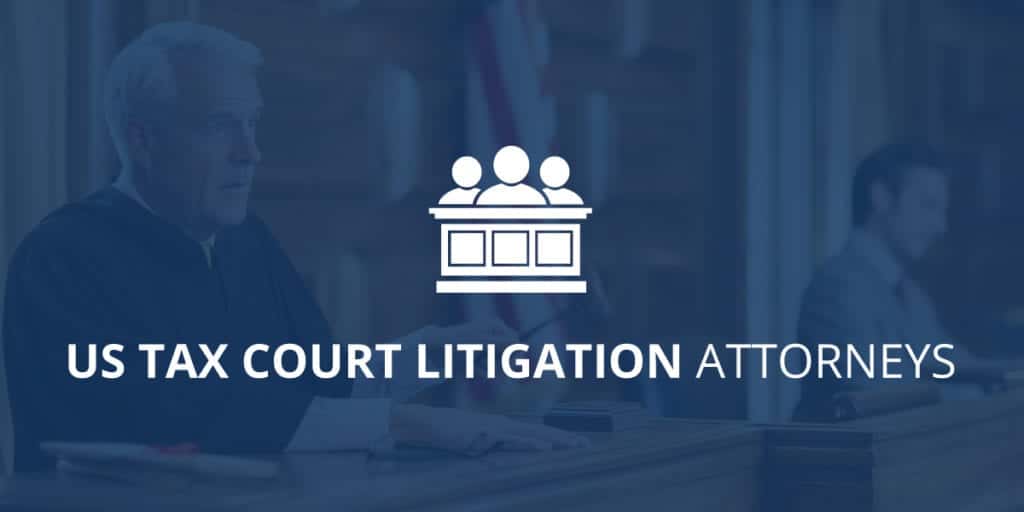
If you have a tax dispute with the Internal Revenue Service (IRS) and you are not able to obtain a satisfactory resolution through the IRS appeals process, then in most cases your next step is to seek relief in the U.S. Tax Court. The U.S. Tax Court is a specialty court that exclusively handles matters involving taxpayers’ federal tax liability, and it is staffed by judges who are experts in interpreting and applying the Internal Revenue Code (IRC).
If you are facing the prospect of U.S. Tax Court litigation, it is important that you discuss your situation with an attorney. There is a strict deadline to file; and, if you miss this deadline, you can be forced to sue for a refund in federal district court, and potentially lose your rights entirely. This highlights another important aspect of seeking relief in U.S. Tax Court: When you initiate U.S. Tax Court litigation, your obligation to pay your alleged tax liability is “stayed.” In other words, you don’t have to prepay the liability before you go to court. This is not the case when seeking relief through other means.
California Tax Attorneys Handling All U.S. Tax Court Matters
With offices in San Diego, Orange County, and Beverly Hills, our firm represents California residents and businesses statewide in U.S. Tax Court matters. While we handle many U.S. Tax Court cases as a continuation of representing our clients in IRS appeals, we represent new clients in the U.S. Tax Court matters as well. As a tax law firm, we offer extensive experience in all federal tax matters, including all matters falling within the subject matter jurisdiction of the U.S. Tax Court. This includes tax disputes and tax controversies involving:
- Unsuccessful IRS Appeals – The most common reason for seeking relief in the U.S. Tax Court is facing federal tax liability as a result of an unsuccessful IRS appeal. If the IRS determines that you owe more than you think, then avoiding undue liability requires the submission of a request for re-determination to the U.S. Tax Court. The U.S. Tax Court hears cases involving all types of IRS appeals, including appeals challenging the results of IRS examinations and other IRS adjustments to taxpayers’ liability.
- Innocent Spouse Relief – The innocent spouse relief provisions of the Internal Revenue Code provide protections for individuals whose spouses file fraudulent returns. By default, spouses are held jointly liable for any false statements in their returns. However, when a spouse is innocent (i.e. when a husband or wife is unaware that his or her spouse submitted fraudulent information on their joint return), then he or she can seek protection under Section 6015(b) or Section 6015(f) of the IRC.
- Worker Classification Issues – Improper classification of employees as independent contractors is an allegation that businesses can face at the state and federal levels. At the federal level, challengingCorporate and Transactional allegations start with an IRS appeal and then transitions to a U.S. Tax Court matter. The IRS has adopted a 20-factor test for determining whether a worker is properly classified as an independent contractor or an employee, and companies must address each of these factors when seeking relief in the U.S. Tax Court.
- Collection Due Process – If the IRS determines that you owe a tax debt, it can impose a tax lien or levy your assets. However, before this happens, you have the right to contest the lien or levy in what is known as a Collection Due Process (CDP) hearing. If a CDP hearing does not produce a favorable result, you can challenge the outcome in the U.S. Tax Court.
Speak with a U.S. Tax Court Litigation Attorney in Confidence
Do you need to seek relief from undue federal tax liability or an IRS lien or levy in the U.S. Tax Court? To discuss your case with one of our highly-experienced U.S. Tax Court litigation attorneys, call 619-595-1655 or request a complimentary case evaluation online today.

Leave a Reply